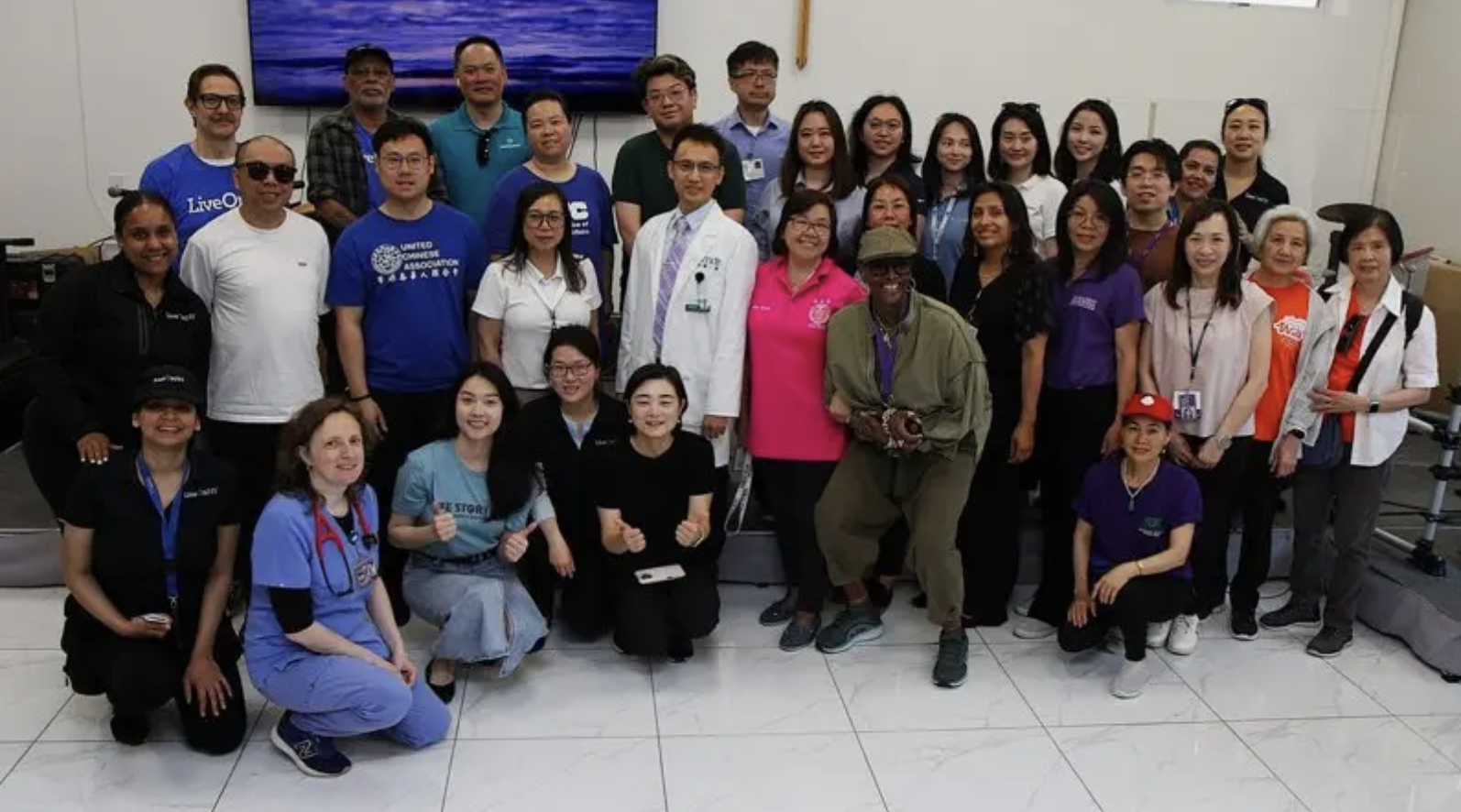Rendr Doctor Offers Smart Eating Tips to Control the “Three Highs”

The nonprofit organization LiveOnNY, in collaboration with elected officials and several community organizations, recently hosted the “Senior Community Health Consultation Day” at the Herald Gospel Center in Brooklyn.
The event featured free blood pressure and blood glucose screenings, resource sharing, and raffle giveaways. It also invited Rendr Health physicians and organ donor families to share important information and personal experiences through educational talks.
Approximately 40 community members attended the event. LiveOnNY representatives explained that many Chinese Americans remain hesitant to discuss topics related to death or organ donation, often due to cultural taboos or misconceptions. Common concerns include fears that hospitals may act against patients’ wishes, or that one’s physical condition may not qualify for donation.
To address these misunderstandings, organizers invited donor families to share personal stories, helping participants view the subject from new perspectives. They also clarified that in the United States, organ donation is coordinated only by independent agencies—after a patient has no vital signs, and only with prior consent or family approval—in hopes of reducing public misconceptions.
One of the guest speakers, volunteer Eddie Soto Jr., shared a moving story about losing his 14-year-old son in a traffic accident in 2014. “I turned to alcohol to cope with the pain,” he said, “but what eventually helped me heal was remembering my son’s kindness and the lives he helped save through organ donation.” Now serving as a LiveOnNY volunteer, Soto said sharing his story allows him to correct misconceptions, promote healing, and honor his son’s legacy.
During the event, Rendr internal medicine physician Dr. Brian Poon also led a health education session focusing on chronic diseases such as hypertension, high cholesterol, and diabetes, noting that these conditions are often interrelated and can worsen one another due to poor diet, lack of exercise, and metabolic imbalances.
He recommended a low-salt, low-fat, high-fiber, and high-potassium diet, including plenty of fruits, vegetables, whole grains, low-fat dairy, and legumes, while limiting red meat, processed foods, and salty condiments. For diabetes patients, he suggested using the hand portion method and plate method to manage food balance, encouraging meals centered on non-starchy vegetables with moderate amounts of whole grains and lean protein.
The event was joined by representatives from State Senator Iwen Chu’s Office (Deputy Chief of Staff Yaming Liu) and City Council Member Susan Zhuang’s Office (Deputy Chief of Staff Meizhen Huang).
Co-organizing and supporting organizations included NYU Langone Health, Bitter & Blanc Law Firm, Homecrest Community Services, Senior Whole Health, Committee of 100, Fidelis Care, Healthfirst, Chinese-American Planning Council, True Care Home Health Services, and the Association of Chinese American Physicians.
Click here to read the original article from World Journal

